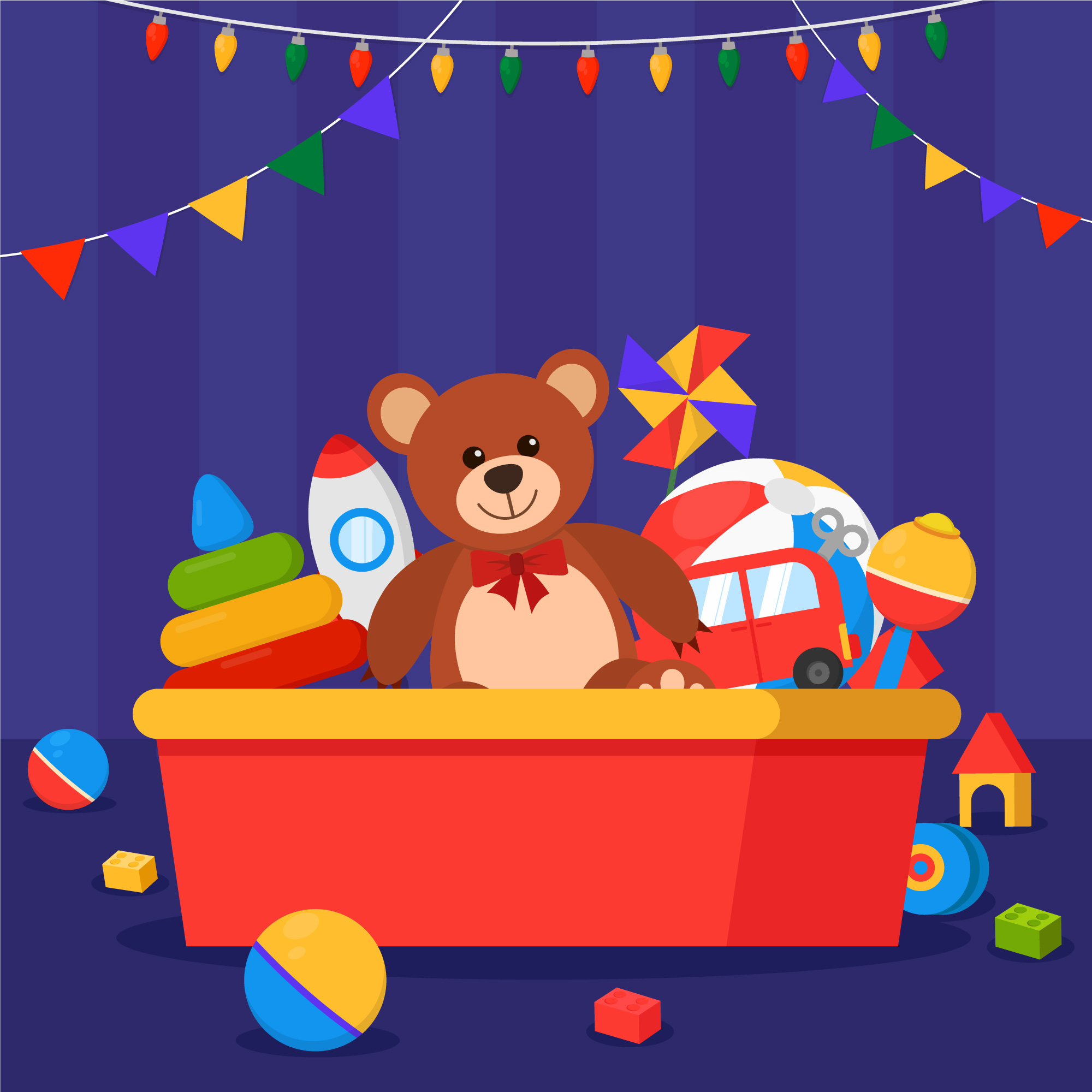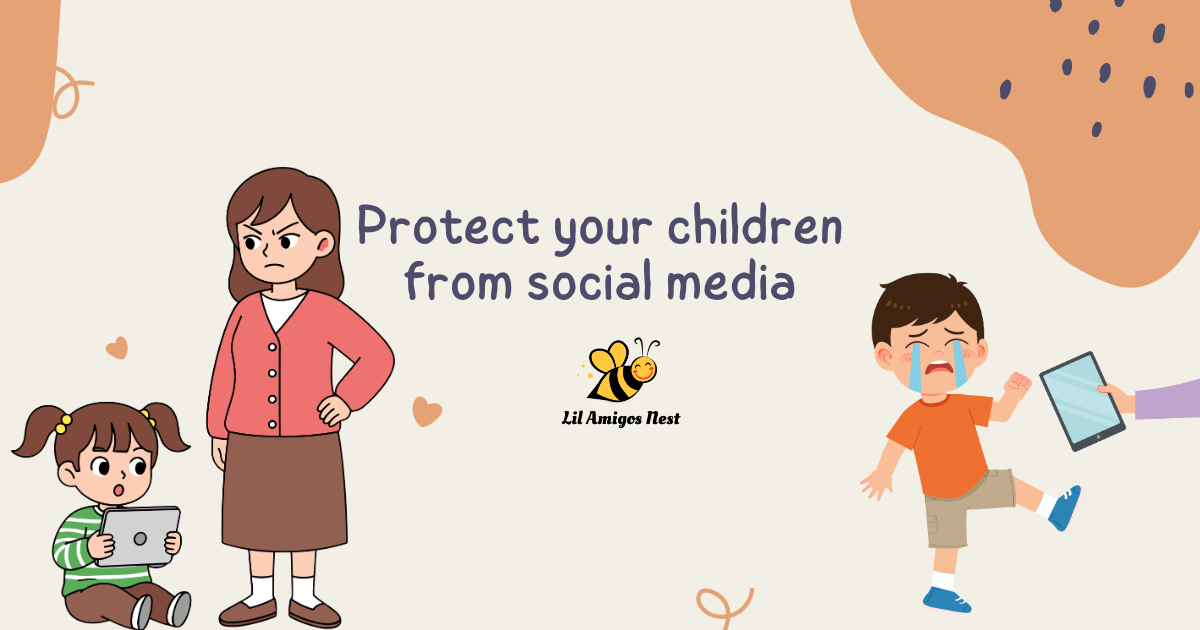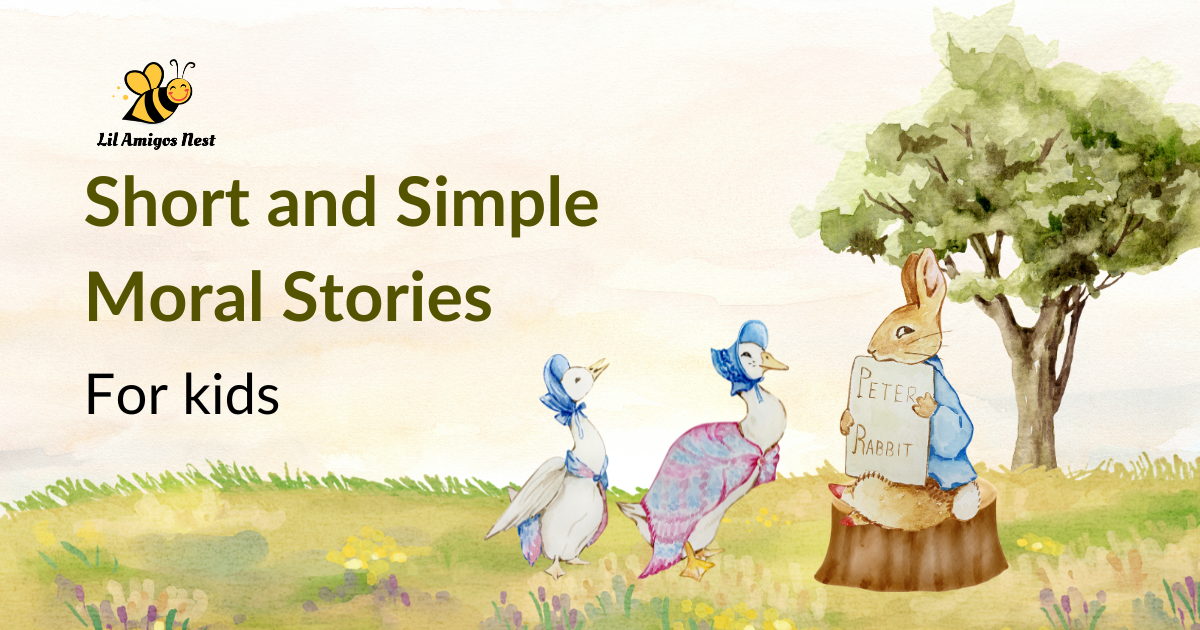How Role-Play Toys Build Confidence & Creativity (3–10 Years)

Children have a natural ability to imagine, create, and step into different roles. When you give them role-play toys for kids, you’re not just entertaining, you’re helping them build life skills that last a lifetime. Whether it’s a kitchen set for girls, a doctor set for kids, or other pretend play toys, these experiences help shape confident, creative, and socially aware individuals.
In India, pretend play toys have gained popularity among parents who want more than just fun for their children. From pretend and play toys like a small market stall to classics like a doctor set, these toys open the door to imaginative storytelling and practical learning. Child psychologists agree that such play is more than make-believe — it is the foundation of emotional growth, problem-solving, and social skills.
Dr. Meera Kulkarni, a child psychologist, explains, “Pretend play toys allow children to rehearse real-life situations in a safe environment. This builds both creativity and confidence, as they learn to express themselves freely.”
Why Pretend Play Matters So Much
Children between 3 and 10 years are in a stage where imagination and curiosity peak. Role-play toys give structure to that natural curiosity. When a child picks up a doctor set, they are not just pretending to treat a patient. They are learning about responsibility, empathy, and communication.
A kitchen set is another classic example. While adults may see it as a toy, children see it as their own “world” where they experiment, take charge, and imitate real-life scenarios. In fact, play kitchens often boost organizational skills and even spark an early interest in cooking or hospitality.
As Dr. Anita Verma, another leading psychologist, says, “Children are more confident when they get to take the lead in their play. Toys like kitchen sets or pretend clinics make them decision-makers in their own stories.”
How Role-Play Toys Build Confidence
Confidence doesn’t come from books alone — it grows from experience. When children use pretend and play toys, they practice scenarios that allow them to lead, make mistakes, and solve problems.
- Kitchen Set for Girls (and Boys too!): A child “cooks” a meal, serves family members, and even cleans up; this gives them a sense of responsibility and accomplishment.
- Doctor Set for Kids: A child playing doctor is learning how to comfort, guide, and make decisions, which builds leadership and empathy.
- Market or Shop Play: Pretend shops encourage kids to handle “money,” negotiate, and manage resources; all of which feed confidence.
Confidence grows when children feel their actions matter. Pretend play is a safe space to test that out.
How Role-Play Toys Encourage Creativity
Imagination is the fuel of creativity, and role-play toys give children the canvas to express it. A simple pretend play toy can become anything a child imagines.
- A kitchen set is not just about cooking. It can turn into a restaurant, a bakery, or even a tea party with friends.
- A doctor's set is not just about treating patients. Children can invent medical tools, create stories of recovery, or even act as a vet treating pets.
Child psychologist Dr. Rajesh Sharma notes, “Creativity thrives when children are allowed to invent and imagine. Pretend play toys are open-ended — there is no single right way to use them. That’s why they spark originality.”
Social and Emotional Skills Through Pretend Play
Confidence and creativity don’t exist in isolation. They are connected to how a child understands others. Role-play toys support this by encouraging teamwork, empathy, and communication.
When kids play together using pretend and play toys, they learn to share, take turns, and resolve conflicts. A doctor set for kids often involves one child being the doctor and another being the patient, teaching empathy and patience. A kitchen set invites collaboration — kids “cook” together, serve meals, and manage roles.
This group play mirrors real-life teamwork, making children more adaptable and socially confident.
Gender-Neutral Play: Breaking Old Patterns
While kitchen sets are often marketed as a kitchen set for girls, they are equally valuable for boys. Similarly, a doctor set isn’t limited to boys. Encouraging children to explore all kinds of roles helps break gender stereotypes early on.
Parents are now choosing toys that focus on skills, not labels. By letting boys cook and girls take charge as doctors, children grow with a balanced sense of self and the confidence to pursue any path in the future.
\Why Pretend Play Toys Are Growing in India
The demand for pretend play toys in India has surged because parents see the long-term benefits. With increasing awareness of child psychology, more families are investing in toys that go beyond digital screens and passive play.
Parents in India now look for role-play toys for kids that spark real-world learning, creativity, and confidence. From metro cities to smaller towns, kitchen sets and doctor sets are becoming popular birthday and holiday gifts.
Tips for Parents: Making the Most of Pretend Play Toys
- Play Along Sometimes – Children love it when parents join their stories. Be a patient in their pretend clinic or a guest at their play restaurant.
- Encourage Storytelling – Ask children to narrate what’s happening in their play. It builds language and confidence.
- Rotate Toys – Keep the play fresh by introducing new pretend and play toys or rotating old ones.
- Avoid Stereotypes – Don’t restrict a kitchen set to girls or a doctor set to boys. Let children choose.
- Balance Solo and Group Play – Encourage both individual storytelling and group role-plays with friends.
Expert Takeaway
Across the world, psychologists and educators highlight the role of pretend play in child development. From building confidence to unlocking creativity, role-play toys provide a safe stage where children rehearse life.
As Dr. Meera Kulkarni sums it up, “Pretend play isn’t just fun. It’s a rehearsal for real life. When children practice being chefs, doctors, or shopkeepers, they practice responsibility, communication, and problem-solving ;skills that will guide them into adulthood.”
Role-play toys are far more than simple entertainment. Whether it’s a kitchen set, a doctor set, or other pretend play toys, they help children between 3 and 10 years grow into confident, creative, and socially aware individuals.
For parents in India, investing in pretend and play toys is not just about giving children something to do — it’s about giving them the tools to imagine, lead, and believe in themselves. And that’s a gift that lasts far longer than childhood.






















Please complete your information below to login.
Sign In
Create New Account